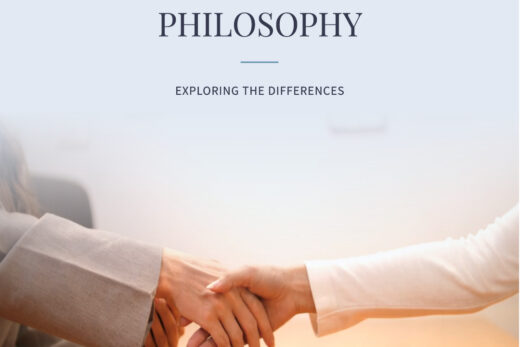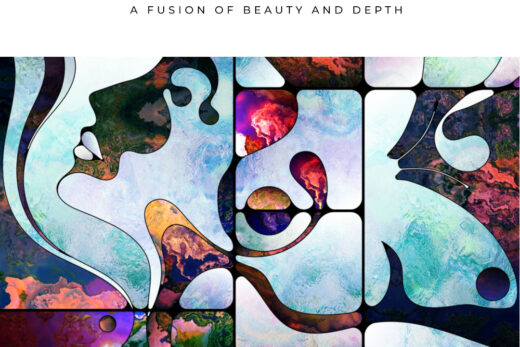The problem of evil, a longstanding philosophical conundrum, questions how we reconcile the existence of evil and suffering with the belief in an omnipotent, omnibenevolent, and omniscient deity. This puzzle not only provokes thought within the philosophy of religion but also within theology, ethics, and more. This article seeks to elucidate this complex issue in a simple, engaging, and relevant manner.
What is the Problem of Evil?
Philosophy often grapples with profound questions. Among these, the problem of evil looms large. It forces us to reconcile the observable pain and suffering in the world with the existence of a benevolent deity. To illustrate, consider an omnipotent deity who is both willing and able to eradicate all evil. If such a deity exists, then where does evil originate? This question forms the heart of the problem of evil, challenging theologians and philosophers alike.
Logical Problem of Evil
The logical problem of evil provides a systematic framework for exploring this enigma. It’s based on two fundamental premises: the belief in an omnipotent, omnibenevolent, and omniscient deity, and the observable existence of evil in the world.
Think of it this way: if you believe in a God who is all-knowing, all-powerful, and wholly good, wouldn’t you expect this deity to prevent evil? The presence of evil, therefore, seems to contradict the existence of such a God.
A real-world example can further clarify this. Consider the numerous natural disasters occurring annually. If an all-powerful and all-good deity were in control, wouldn’t they prevent these calamities and the ensuing suffering?
Reconciling the Existence of Evil and God
In response to this predicament, several theodicies and defenses have been proposed. These solutions attempt to harmonize the existence of evil with a benevolent deity.
One common theodicy is the free will defense. It postulates that a world where humans have free will, albeit one that enables evil, is inherently more valuable than a world without free will. The idea here is that, although free will allows for the possibility of evil, it also permits genuine love, moral growth, and personal transformation.
To grasp this, imagine living in a world where every choice has been pre-determined. No crime, no evil, but also no freedom. Does the absence of evil justify the lack of freedom?
Another common explanation is the soul-making theodicy, which suggests that suffering facilitates spiritual growth and character development. This can be seen in everyday life, where personal hardships often lead to resilience and empathy.
Understanding The Problem of Evil from Different Perspectives
The problem of evil isn’t confined to a single philosophical or religious tradition. Different cultures and belief systems have offered their own interpretations.
In Buddhist philosophy, for instance, the existence of suffering doesn’t disprove the existence of gods but rather highlights the limitations of these deities. Buddha himself claimed that sentient beings experience pain and suffering due to their own actions (karma), not due to a capricious deity.
This cross-cultural examination of the problem of evil can offer us a more comprehensive understanding. It shows that the struggle with suffering and evil is a universal human experience, one that can provoke deep reflection on the nature of existence, divinity, and morality.
Conclusion
While the problem of evil poses challenging questions, it also offers insights into the human condition. It drives us to question the nature of existence, morality, and the divine. It compels us to seek answers and fosters growth, resilience, and empathy. Although we may never fully unravel this philosophical puzzle, the journey of exploration fosters greater understanding, empathy, and wisdom.
Frequently Asked Questions
1. What is the concept of evil in philosophy?
The concept of evil in philosophy refers to actions, events, or circumstances that cause harm, suffering, or distress. It often implies a moral judgment and can vary based on cultural, religious, and personal beliefs.
2. What is the problem of evil in philosophy?
The problem of evil is a philosophical conundrum that explores how the existence of evil and suffering can be reconciled with the belief in an omnipotent, omnibenevolent, and omniscient deity. It challenges the coexistence of a wholly good God and the presence of evil in the world.
3. What are the two forms of the problem of evil in philosophy?
The two forms of the problem of evil are the logical problem of evil and the evidential problem of evil. The logical problem argues that the existence of a wholly good God and evil is logically incompatible. The evidential problem, on the other hand, asserts that given the amount and types of evil in the world, it’s improbable that an omnipotent, omniscient, and wholly good God exists.
4. How does philosophy reconcile the existence of evil and God?
Philosophy attempts to reconcile the existence of evil and God through various theodicies and defenses. These explanations aim to resolve the contradiction by proposing reasons why God might permit evil. For instance, the free will defense suggests that God allows evil to exist to preserve human free will, while the soul-making theodicy posits that suffering enables spiritual growth.
5. What are the three premises of the problem of evil?
The three primary premises of the problem of evil are: God is omnipotent (all-powerful), God is omniscient (all-knowing), and God is omnibenevolent (all-good). The problem arises when these premises are juxtaposed with the existence of evil, leading to questions about the nature and characteristics of God.
6. How does the problem of evil differ across cultures and philosophies?
Different cultures and philosophies offer unique perspectives on the problem of evil. For instance, in Buddhist philosophy, suffering is not attributed to a deity but to the actions (karma) of sentient beings. These varied interpretations provide a more comprehensive understanding of the problem of evil.




